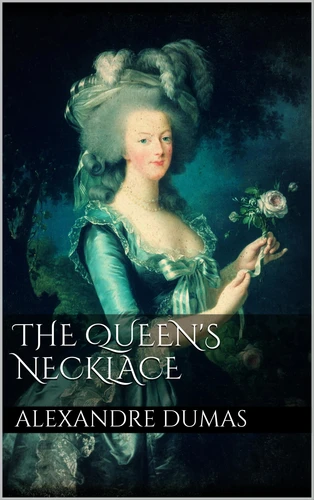
Né en juillet 1802 à Villers-Cotterêts, Alexandre Dumas est mort en décembre 1870 à Puys. Fils du général Thomas Alexandre Davy de la Pailleterie et de Marie-Louise Élisabeth Labouret, il est le père de l’écrivain Dumas fils. Alexandre Dumas est l’un des romanciers français les plus brillants de sa génération. Élève au collège de l’abbé Grégoire à Villers-Cotterêts, il n’y recevra qu’une instruction primaire. Âgé de 13 ans, sa rencontre avec Adolphe de Leuven va être un tremplin dans sa vie. En effet, ce dernier va l’initier à la poésie moderne et va lui donner le goût pour la littérature. Alexandre Dumas en collaboration avec Adolphe de Leuven commence alors à publier des vaudevilles. C’est d’abord un échec, mais le succès ne tarde pas à lui sourire.
Sortie en 1844 avec l’aide d’Auguste Maquet, « Les trois mousquetaires » est l’une des œuvres les plus populaires d’Alexandre Dumas. L’action se déroule en France à Paris. C’est l’histoire d’un jeune impétueux et téméraire d’Artagnan qui se lie d’amitié avec les mousquetaires du roi Athos, Aramis et Porthos. Ces quatre hommes comptent bien sauver la dignité et l’honneur de la reine de France mis en péril par le cardinal de Richelieu et ses agents. Pourront-ils mener à bien leur mission ? Alexandre Dumas nous plonge au cœur d’une aventure séduisante parsemée de complots, de trahisons, de combats… Tout cela sur un ton comique et humoristique.
L’ouvrage « Le Comte de Monte Cristo » a aussi contribué à la célébrité d’Alexandre Dumas. L’auteur parle de la jalousie, la traîtrise et la vengeance. C’est l’histoire émouvante et passionnante d’Edmond Dantès que vous prendrez beaucoup de plaisir à lire.
























